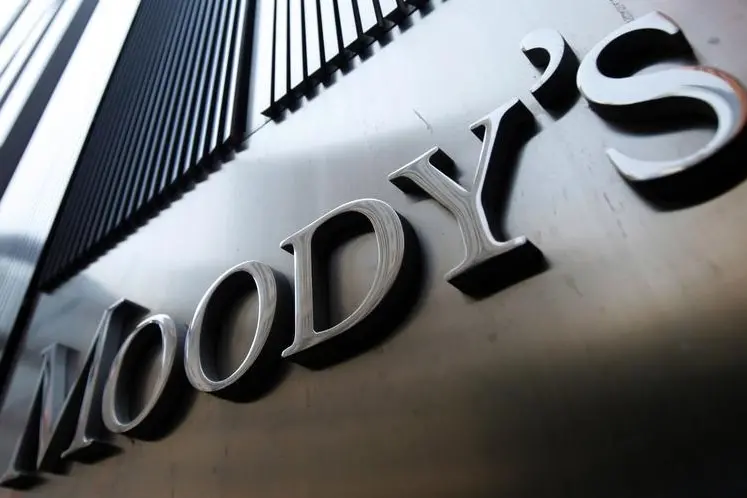PHOTO
Moody's Investors Service has downgraded two Saudi Arabian banks, Banque Saudi Fransi (BSF) and Saudi British Bank (SABB).
On BSF, the agency downgraded its local and foreign currency long-term bank deposit ratings to A2 from A1. The bank's Baseline Credit Assessment (BCA) and Adjusted BCA were downgraded to baa1 from a3.
“The outlook on the bank's long-term deposit ratings remains negative, reflecting the negative outlook on the A1 issuer rating of the Saudi government.”
Moody’s said while BSF continues to have strong asset quality, this has deteriorated in recent years. It expects asset-quality risks to persist at a higher level as some borrowers, particularly in the construction and commerce sectors, remain impacted by the coronavirus-induced disruption and the government's spending remains disciplined due to moderate oil prices.
Moody's expects BSF's profitability to rebound going forward but remain below pre-COVID levels.
Saudi British Bank
For SABB, Moody’s downgraded the local and foreign currency long-term bank deposit ratings to A2 from A1. The bank’s BCA and Adjusted BCA were downgraded to baa1 from a3, reflecting “the continued pressure on the bank's asset quality and moderating profitability.” The outlook on the bank's long-term deposit ratings was changed to stable from negative.
“The stable outlook reflects our view that SABB's standalone credit profile could deteriorate, potentially also reflecting a weakening operating environment, but that this could be balanced by support from HSBC Holdings (A3 stable, a3), which as of May 2021 holds around 31 percent of SABB's shares.”
SABB's nonperforming loans, which includes reported stage 3 loans and purchased or originated credit impaired assets) have increased following its merger with Alawwal Bank (6.2 percent in December 2020), the report said.
Additionally, SABB's profitability has moderated following the merger due to the increased cost of risk and merger related expenses, both of which Moody's expects will normalise going forward.
However, post-merger its asset quality has deteriorated and was further pressured by the weakening operating environment in Saudi Arabia on the back of pandemic induced disruption, it noted.
(Writing by Brinda Darasha; editing by Seban Scaria)
Disclaimer: This article is provided for informational purposes only. The content does not provide tax, legal or investment advice or opinion regarding the suitability, value or profitability of any particular security, portfolio or investment strategy. Read our full disclaimer policy here.
© ZAWYA 2021





















